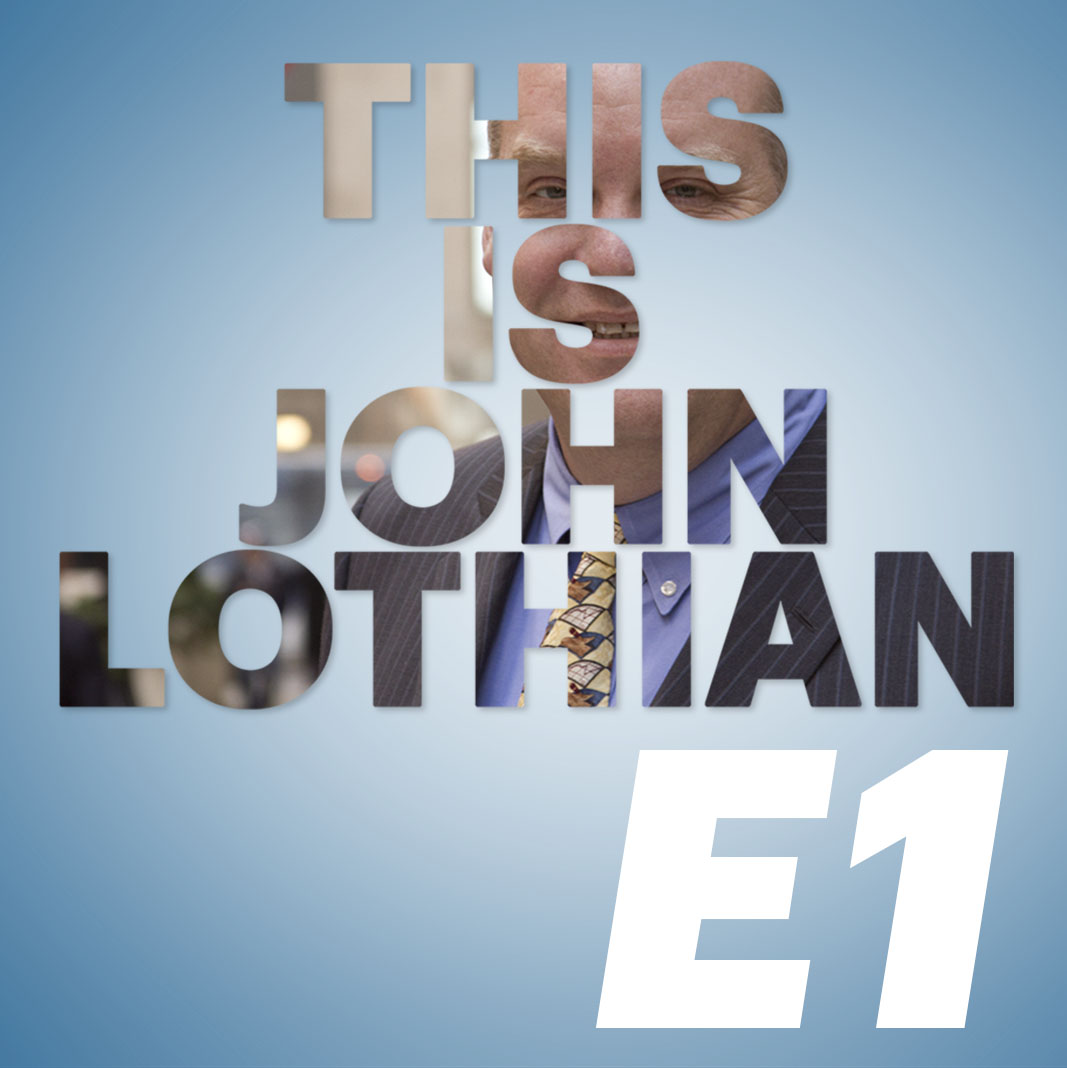David Nable discusses AI adoption, pass-through models, and the evolving expectations of portfolio managers in the hedge fund industry
In a recent interview with John Lothian News, David Nable, a senior executive at Arcesium, highlighted the growing challenge hedge funds face in balancing advanced technology adoption with the demand for skilled portfolio managers. Nable emphasized that top-tier talent has high expectations for seamless technology infrastructure when moving to a new employer.
"What we found is that the portfolio managers who are coming from some of the top industry participants have a very high bar for what they expect to just work for them to come in and be able to do their jobs," Nable said. He noted that this expectation extends beyond trading and research systems to the underlying infrastructure, adding, "All of the things that nobody wants to notice, they want it to just work."
This demand for advanced technology has significantly impacted how hedge funds attract and retain top talent, according to Nable. He explained that the pass-through expense model allows hedge funds to offer more competitive compensation packages and invest in cutting-edge technology without compromising their financial health.
"The pass-through model for organizations that are able to implement this type of business model, I would argue, puts certain organizations at a competitive advantage," Nable said. "They're able to invest in the best systems, the best data, the best talent, and they do so because they have a different economic model in place that allows them to do this."
However, Nable emphasized that this approach comes with heightened expectations for performance. "The flip side is they have to outperform," he noted. "If they don't, investors are going to look and say, you know, what's my net return?" Despite scrutiny, Nable pointed out that firms using pass-through models have generally outperformed their peers, attracting significant capital inflows as a result.
To meet these high expectations, hedge funds are investing heavily in infrastructure to quickly evaluate new data sources. Nable explained that this investment has reduced analysis time from weeks to mere hours in some cases. "If they can capture that new source of data, evaluate it more quickly than their competitors, and put it into their investment process, it seems to be a competitive advantage," he said.
Nable then discussed Arcesium's core platform, originally developed within the D.E. Shaw Group. "For our clients today, often they get to leapfrog some of the legacy technologies that are in the industry to be able to support everything from high frequency, quantitative, high volume trading strategies to more esoteric strategies," Nable explained.
Addressing the challenge of balancing technology adoption with talent acquisition, Nable described it as a "chicken and egg situation" where firms must strategically decide whether to prioritize investing in advanced technology or securing top talent. He suggested several approaches, including targeted investment in specific strategies, collaborating directly with potential talent on technology decisions, and leveraging non-compete periods to prepare infrastructure.
Regarding artificial intelligence, Nable views it primarily as a "copilot" in current investment management practices, enhancing efficiency rather than making investment decisions. "I don't think we're there yet. Today, it's still very much an efficiency play, albeit a dramatic one," he concluded, suggesting that the industry has only begun to scratch the surface of AI's potential.
Nable went on to highlight the transformative impact of AI-driven technologies on the financial sector, emphasizing their role in enhancing decision-making processes across various functions within hedge funds. He explained that AI is being used to analyze vast amounts of financial data, facilitate rapid testing and implementation of quantitative trading strategies, and enhance risk management through continuous portfolio monitoring.
Furthermore, Nable pointed out the use of AI in analyzing alternative data sources and optimizing asset allocation. He also noted the role of AI-powered chatbots in enhancing compliance and documentation processes.
Lastly, Nable emphasized the importance of robust data infrastructure to support these AI initiatives while ensuring compliance with regulations. He cautioned that "firms must carefully navigate compliance and data protection issues, particularly when dealing with proprietary trading strategies."

Before the CME went public in 2002, there was a change in leadership at the top. Terry Duffy ran for the job of chairman...

When my son Tim was ten, he came home from school one day and told us at the dinner table about his day touring...

The intertwined history of the Lake Geneva Yacht Club, the Chicago Board of Trade, and the City of Chicago traces back to the 19th...